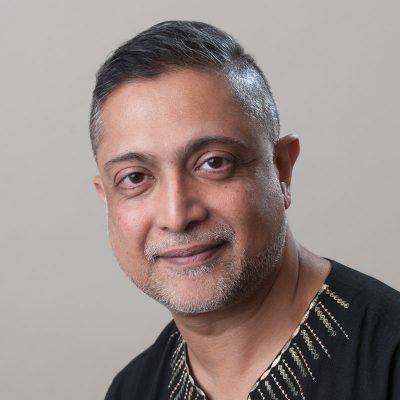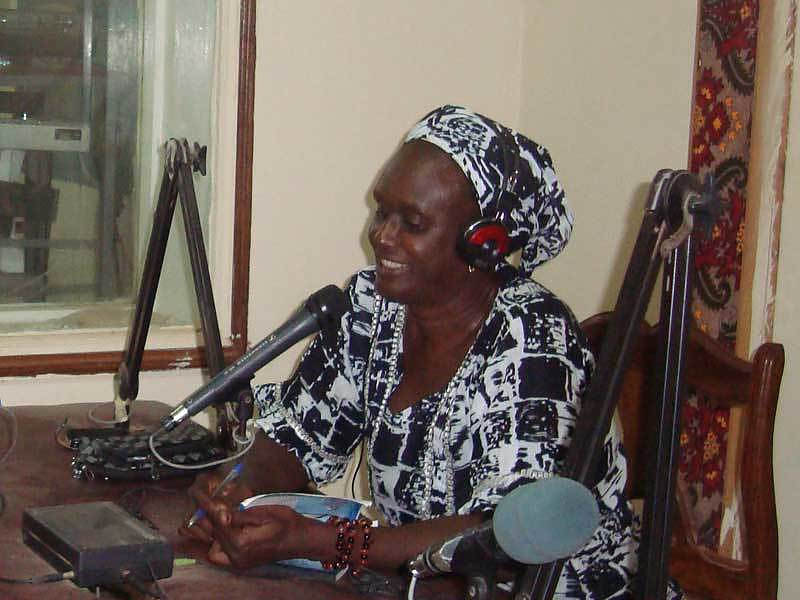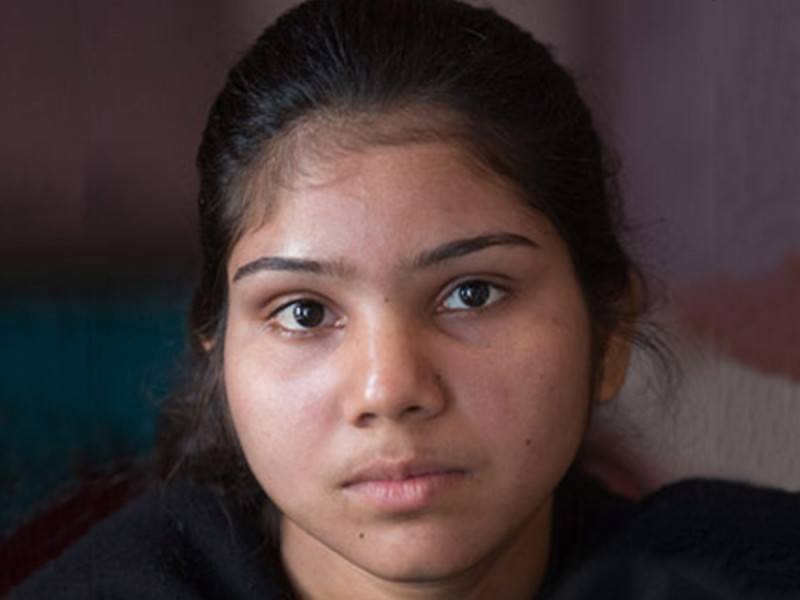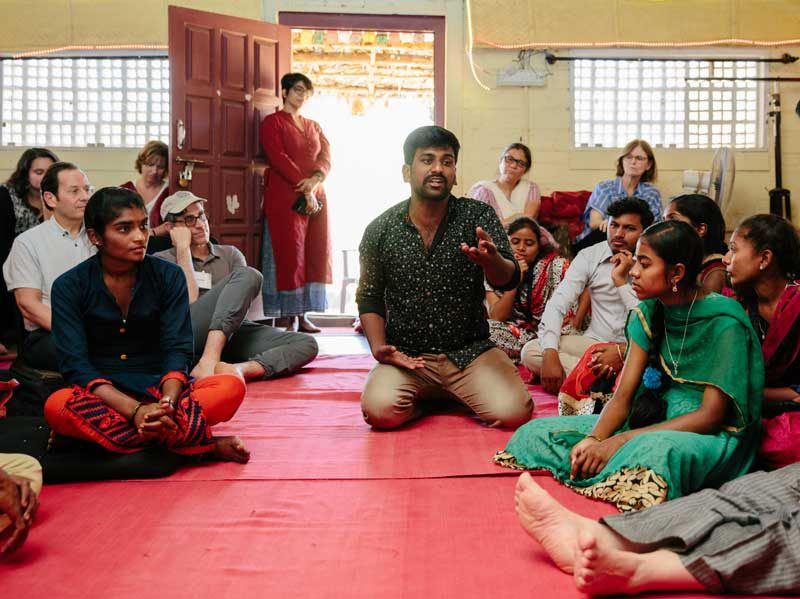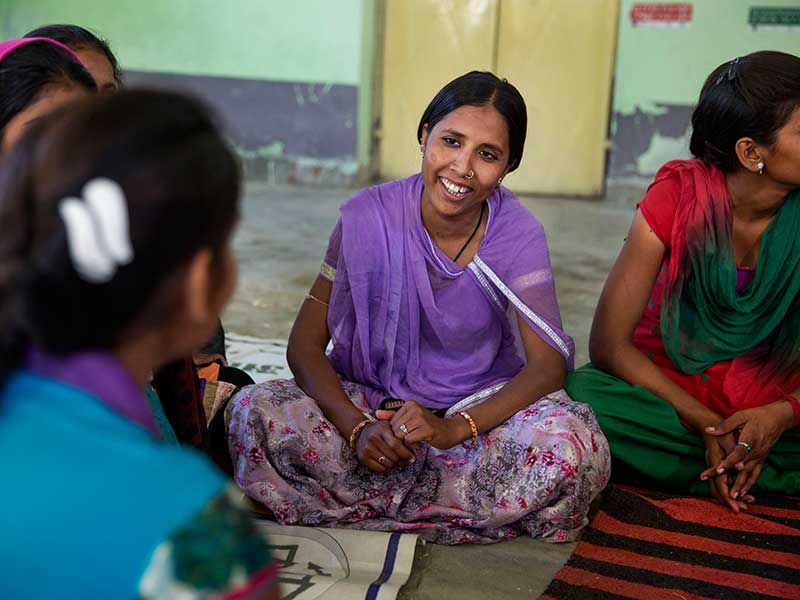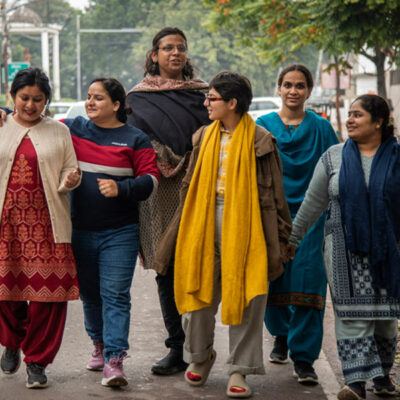I came out to my father in 1998, over the phone. He was in Bombay, India. I was in Denver, Colorado. The first thing he said to me, without missing a beat, was: “I’m proud that you’ve decided to not live a lie.”
The very next thing he said was: “I wish you’d never told me.”
Those seemingly conflicting responses might sound strange to some but to me it was who my dad was. In public he was bold, frank, extroverted, social, a captain of industry, a leader in his multiple communities holding many different influential positions simultaneously. A consummate negotiator and networker, he literally knew thousands of people, and was known by many thousands more. In private he was a family man who was—despite being the youngest of his siblings—a benevolent patriarch who preferred to avoid conflict, often shutting down when we disagreed.
My father was liberal in many ways, and my mother is even more liberal. But, like most parents living in India and leading very public lives, they had to contend with the society they lived in. While they treated my sister and me equally and gave us the same opportunities, having a gay child wasn’t something they’d ever expected and, I daresay, wished for. If anything, my father had only hoped that I would be a doctor. So, when I got a PhD—for him it was still a doctorate even if not a medical degree—it was probably more meaningful to him than to me.
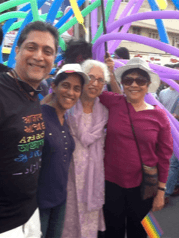
After that initial response, my father said he didn’t want to talk more about it. I responded that I understood that it was hard for him—it was less so for my mother—and that I would not bring up the issue of me being gay for a year, unless he did. I wanted to give him time to accept this new normal. But he did bring it up. Before the year was out he began sending me newspaper articles on LGBT issues in India. His initial preference for me to not tell the larger family changed and he told all his family himself; my mother covered her side of the family. Over time they learnt that I wasn’t “the only gay in the family” either! I have at least two cousins on my mother’s side and three on my father’s who are gay.
And that was just the beginning. Over time, my father quietly donated to Indian LGBTI organizations fighting for human rights. He donated anonymously not because he didn’t want to be outed as the father of a gay son, but because he felt it was about the cause, not about him. But when he needed to be out, he was more than willing. My friend Sonali Gulati asked my parents Suresh and Shaila Hemmady if they would be in her documentary film “I Am” about families of LGBTI Indians. They and my sister Nandita Sirur readily agreed. He was even willing to go on live TV to advocate for the rights of LGBTI people.
My parents have also joined in the fight to repeal Section 377 of the Indian Penal Code, a relic of the colonial era that criminalizes consensual sex between same sex adults. When the current case in the Indian Supreme Court against Section 377 first came up for hearing in 2013—it had been repealed in 2009 by a lower court—my friend Alok Gupta approached my father to ask if he would join the case as part of a group of parents of LGBTI Indians. My mother and father were the first parents to sign on as petitioners. They were joined by my cousin Chitra Palekar, whose daughter is gay. My father was devastated as much as anyone else when the Supreme Court overturned the lower court’s judgment.
Justice would be served only if the full humanity of LGBTI Indians was recognized by according them, and their relationships, equal constitutional status as any other citizens of India.
The following year, in 2014, when the Court decided to review its own judgment—an exceptional rarity in Indian jurisprudence—my parents and I were hopeful. For the next two years the case moved slowly through the Court’s process.
Then in a landmark 2017 case on the right to privacy as a constitutionally guaranteed right the Supreme Court explicitly linked sexual orientation to the right to privacy. The Court opined that “[LGBT] rights are not so-called but are real rights founded on sound constitutional doctrine. They inhere in the right to life. They dwell in privacy and dignity. They constitute the essence of liberty and freedom. Sexual orientation is an essential component of identity. Equal protection demands protection of the identity of every individual without discrimination.” The message was loud and clear – sounding Section 377’s death knell.
Finally, in 2018, the Supreme Court established a constitutional bench to hear the petition against Section 377. The hearings, in open court, began on July 10, 2018 and continued for four days. The questions, comments, and interventions by the justices have given the LGBTI community and all those who believe in human rights and justice much reason to be hopeful.
Many observers think that the Supreme Court will repeal Section 377 and decriminalize consenting sex between same sex adults; many of us hope for more. My friend Menaka Guruswamy and other lawyers representing all the different plaintiffs (my parents included) argued that this was about much more than sex, and that justice would be served only if the full humanity of LGBTI Indians was recognized by according them, and their relationships, equal constitutional status as any other citizens of India. The Court’s 2017 privacy ruling seems to point in this direction.
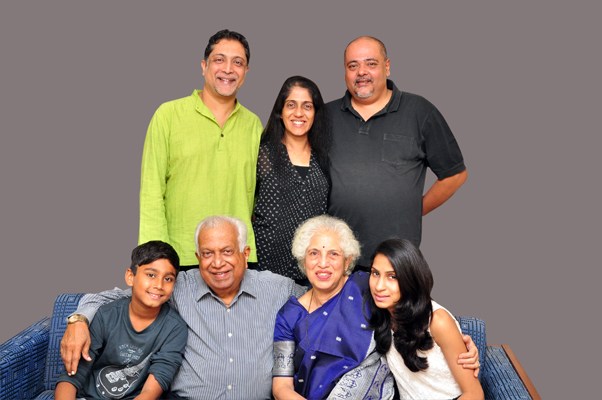
Reading some of the heartfelt testimony in favor of LGBTI equality makes me very hopeful on a personal level. On a professional level, it makes me incredibly proud to work at AJWS. Our team has been supporting a myriad of organizations working for LGBTI equality, including several organizations that have joined the case as intervenors. They will continue working, even after this case is decided, on the long road to justice.
The judgment is expected to come anytime between now and October, and it can’t come soon enough. It is a bittersweet moment for me, though, as my father will not be there to join in the celebrations. He passed away on July 9, 2017 a year to the date the Supreme Court heard the petition that now bears only my mother’s signature.
But he would have been proud, not only of me, but of the Supreme Court and of all those who fight daily for human rights, justice, and equality.
And I am proud of him, and my mother, for being there for me.
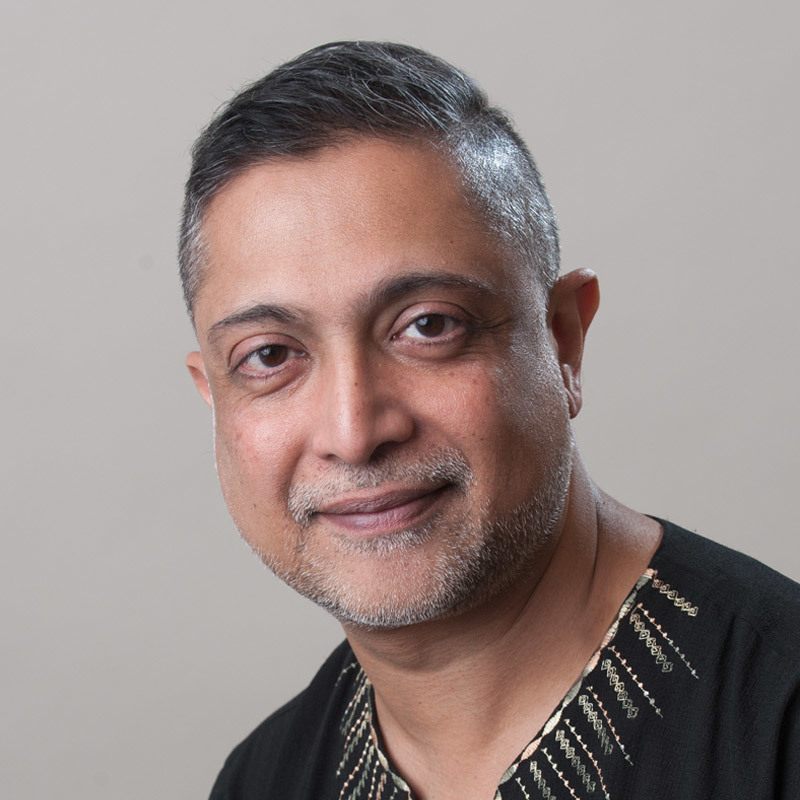 Nikhil Aziz director of Land, Water and Climate Justice at AJWS.
Nikhil Aziz director of Land, Water and Climate Justice at AJWS.
